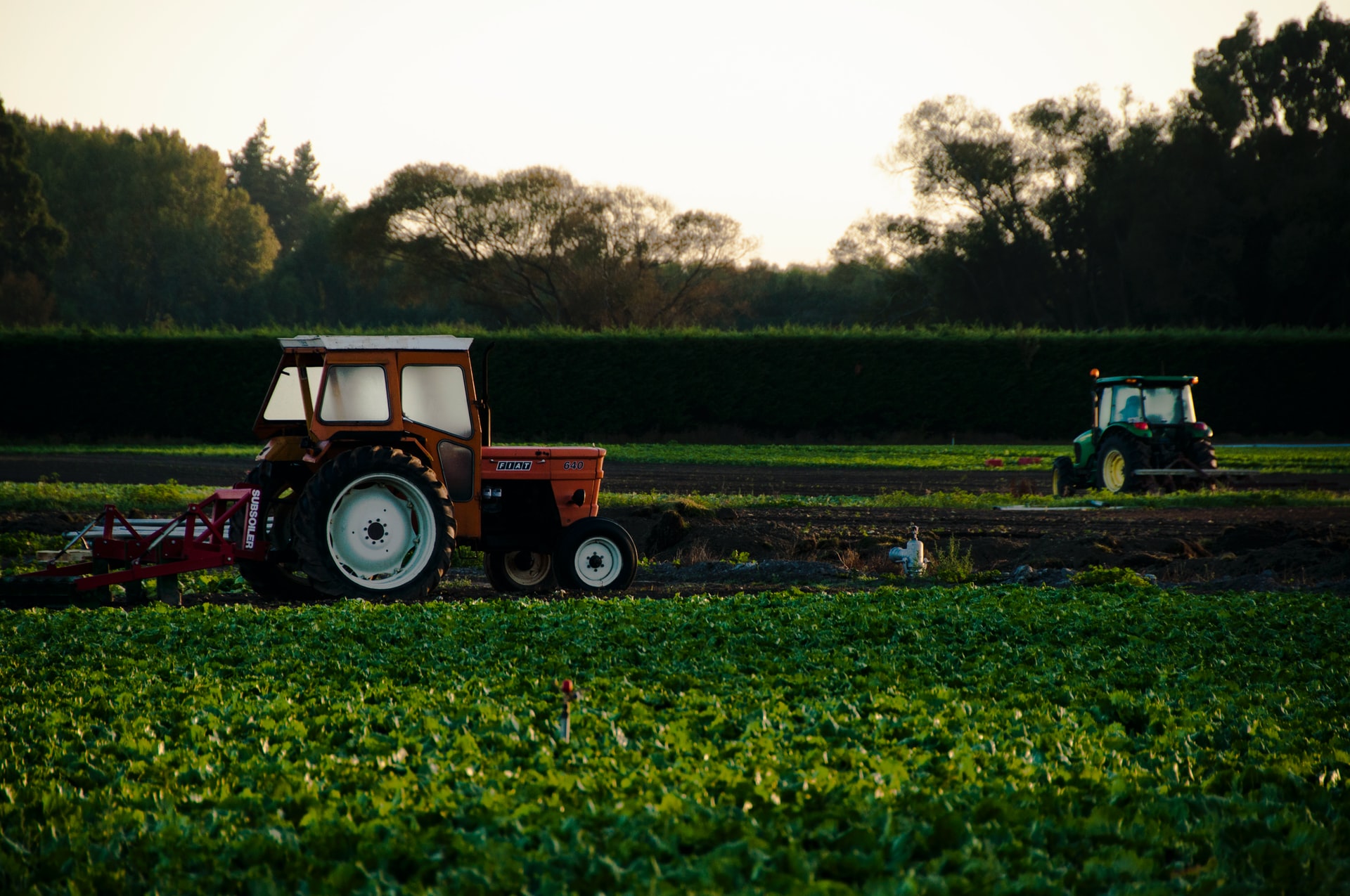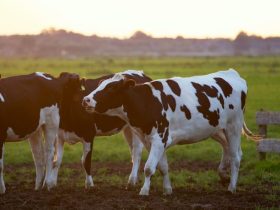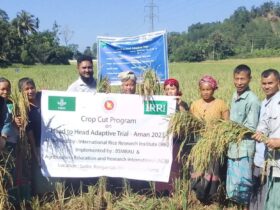Basic Definition:
Organic agriculture introduction incorporates the concepts and principles of a living organism in which all elements (soil, plants, farm animals, insects, the farmer, and local conditions) are closely linked around each other. This is achieved by using, where necessary, agronomic, biological, and mechanical approaches, utilizing natural habitat as a model, by the principles of these interactions.
Organic Agriculture Method:
Organic agriculture uses many methods used by many sustainable approaches to agriculture (e.g. intercropping, crop rotation, mulching, crop incorporation, and livestock). Nevertheless, the use of natural (non-synthetic) inputs, enhancing soil structure and fertility, and using a crop rotation program, are the basic principles that make organic farming a specific agricultural management framework.
Organic Production Method:
In compliance with the Codex Alimentarius Guidelines on Organic Food Produce (2007), a method of organic production is planned to:
- Increase biological diversity across the whole environment;
- Increase bioactivity in the soil;
- Maintain soil fertility over long periods;
- Recycle plant and animal waste to return nutrients to the soil, thereby reducing the usage of non-renewable resources;
- Reliance on natural resources in locally coordinated farming systems;
- Promoting soil, water, and air safe use as well as reducing all sources of emissions that can result from agricultural practices;
- Promote careful processing of agricultural products to preserve at all times the organic quality and essential qualities of the product;
- Become formed on any existing farm through a conversion process, the correct duration of which shall be determined by site-specific factors such as the land history and the type of crops and livestock to be produced.
Organic Farming:
The organic farming practices are based on the following concepts according to IFOAM (2002):
-
Health principle:
The function of organic farming, whether in cultivation, manufacturing, distribution or consumption, is to sustain and improve the health of habitats and organisms from the smallest in the soil to humans. Because of this, the use of fertilizers, pesticides, animal medications, and food additives that can have adverse health effects should be avoided.
-
Ecological Principles:
Organic Farming should be focused on living ecological processes and cycles, work with them, imitate them, and help preserve them. Organic management needs to be adapted to local circumstances, climate, community, and scale. Reducing inputs by reuse, recycling, and effective materials and energy conservation would contribute to improving the quality of the environment and conserve resources.
-
Fairness Principle:
This principle stresses that those involved in organic farming should conduct human relationships in a way that ensures fairness at all levels and to all parties-producers, workers, manufacturers, retailers, traders, and customers. It also maintains that the conditions and opportunities of life should be given to animals according to their biology, natural behavior, and health. Natural and environmental resources used for production and consumption should be handled in a socially and ecologically acceptable manner and should be held in faith for the coming generations. Fairness includes transparent and fair systems of production, distribution, and trade that account for real environmental and social costs.
-
Care principle:
This concept specifies that care and accountability are the main issues in organic agriculture management, growth, and technology choices. Science is required to ensure a balanced, sustainable, and environmentally sound organic agriculture. However, by implementing suitable technologies and refusing unconventional ones, such as genetic engineering, it must find credible approaches from realistic practice, gain conventional and indigenous expertise, and avoid significant risks.






Leave a Reply